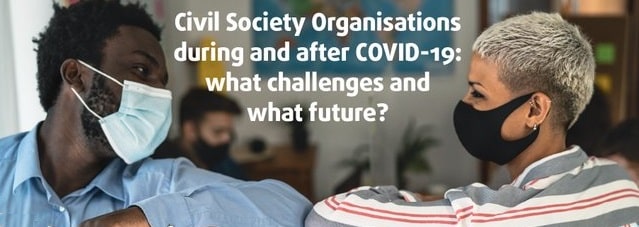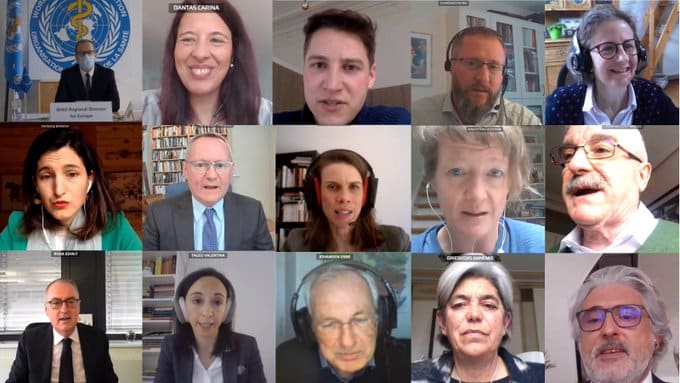
Last year the European Economic and Social Committee (EESC) was commissioned to study the response of civil society organisations (CSOs) to face the COVID-19 pandemic and the consequent restrictive measures adopted in Europe. The findings of that study were presented at an online launch event last 12 March, which concluded on the essential role played by CSOs during the pandemic and the need for CSOs to play a greater role in the COVID recovery, in order to “build back better”.
Opening the event, Mr Séamus Boland, Diversity Europe Group president, highlighted the outstanding engagement of civil society organisations (CSOs) and encouraged citizens and CSOs to actively engage in reconstructing and rebuilding post-COVID-19 communities and societies.
“Now is the right time to re-think our growth and governance models and to balance economic prosperity with social inclusion, human capital, sustainability and well-being”.
Mr Boland named two conditions for a real shift:
- a holistic and integrated approach to policy making, and
- civil society involvement in the design and delivery of the new world.
Also for Dr Hans Kluge, WHO Regional Director for Europe, CSOs are “key agents of change” whose key role need to be better recognized.
“Everyone must be part of the recovery” pointed out Mr Kluge, and “CSOs are indispensable to ensure democratic participation”.
This requires reviewing governance mechanism to systematic include CSO in decision-making processes. Mr Kluge also insisted on the need for making sure CSOs can remain independent.
According to the Fundamental Rights Agency (FRA) Director, Michael O’Flaherty, the COVID-19 pandemic has made more visible the inequalities in our societies and affected our fundamental rights “in ways we did not even imagine possible”. It has also exacerbated the challenges faced by many European civil society organisations across Europe.
“We can no longer deny these challenges. We need to step up our efforts to support EU civil society organisations, so they can come out of the COVID-19 pandemic more resilient and ready to play their fundamental role in our societies.”
Our President Mr Ebbe Johansen was invited to highlight the perspective of older people’s organisations. “Older people’s human rights must be respected in all circumstances”, he recalled, stressing the critical importance of solidarity, empathy and social cohesion as a major lesson from the COVID-19 pandemic.
“Empathy is missing. Addressing isolation and re-establishing social life should be key priorities”, concluded AGE President.
In order for lessons to be drawn, Mr Johansen highlighted AGE’s joint call together with the European Disability Forum (EDF) for an investigation of what happened in residential care during the pandemic.
For the Director of the European Disability Forum (EDF), Mrs Catherine Naughton, the priority to address post COVID challenges is to enforce existing legislation, and adopt the proposed EU directive against discrimination on the ground of age, ability, race, religion, gender, sexual orientation. This directive would support CSO’s advocacy work, including our call to the European Parliament for an investigation into COVID mismanagement.
> Read also:
> You can watch the recording of the event on Twitter

Speakers at EESC event






